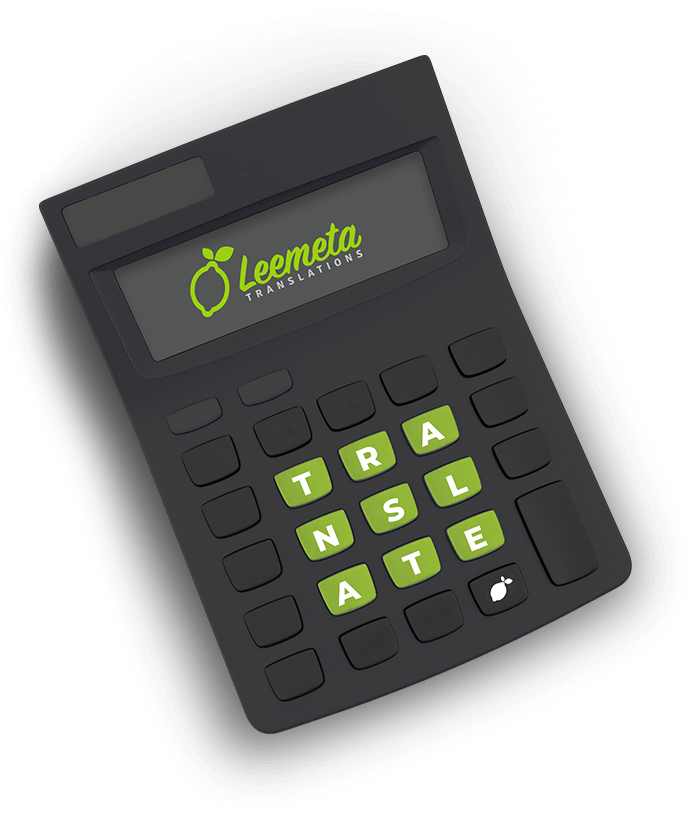The First Conditional is a fundamental verb tense in English that allows us to talk about real and possible situations in the present or future. It's commonly used when we want to express a condition and a result that may happen if that condition is met. This tense is a crucial aspect of communication, especially in everyday conversations and business settings, where making predictions and giving instructions are often necessary.
The First Conditional is a verb tense that talks about real and possible situations in the present or future. It's often used when we want to express a condition and a result that may happen if that condition is met. For example:
- If it rains, I'll stay at home.
- If he studies hard, he'll pass the exam.
- If we leave now, we'll arrive on time.
How to form the First Conditional
The First Conditional is formed by using the present simple tense in the 'if' clause and the future simple tense in the main clause.
If + present simple, future simple
- If she goes to the party, she will have a good time.
- If it snows tomorrow, the school will be closed.
- If they don't hurry, they will miss the train.
Exceptions to the rule
However, there are some exceptions to the rule. We use the present continuous tense instead of the present simple when talking about plans or arrangements. For instance, we can say,
- "If you're free tomorrow, we're having a picnic."
In this case, the speaker is inviting the listener to a picnic if they're free tomorrow.
We use 'unless' instead of 'if not'.
We also use "unless" instead of "if not." For example,
- "Unless you study, you won't pass the exam."
This sentence means that the listener won't pass the exam unless they study.
Negative form
In addition, we can use the negative form of the First Conditional by using "will not" or "won't" in the main clause.
- If it doesn't rain, we won't stay at home.
- If he doesn't call me, I won't go out tonight.
Interrogative form
We can also form the interrogative form of the First Conditional by inverting the subject and the auxiliary verb in the main clause.
- If you see her, will you tell her to call me?
- If they arrive late, will the concert be over?
Let us tell you a story
Once upon a time, there was a man who was always worried about his future. He went to see a fortune teller to ask what would happen to him in the future. The fortune teller looked into her crystal ball and said, "If you don't change your ways, you will go bald."
The man was shocked and asked, "What should I do?"
The fortune teller replied, "If you want to keep your hair, you should stop worrying about the future so much."
The man was confused and asked, "But how can I stop worrying about the future?"
The fortune teller said, "If you stop worrying about the future, you will be happier."
The man was still worried, so the fortune teller said, "If you really want to know what the future holds, I can tell you."
The man eagerly asked, "What will happen?"
The fortune teller replied, "If you keep asking me about the future, you will never be happy."
The man finally understood and left the fortune teller's shop with a smile on his face. He decided to stop worrying about the future and enjoy the present. And as for his hair, well, he still had it years later.
To finish up this basic revision, let's do a quick exercise. Let us know how you did.
If you _____________ to the party, I _____________ you a drink. (come, buy)
If he _____________ hard, he _____________ the test. (studies, pass)
If it _____________ tomorrow, we _____________ to the beach. (rains, not go)
I _____________ if I _____________ tired. (sleep, feel)
What _____________ if you _____________ to win the lottery? (will you buy, happen)
come, will buy, studies, will pass, rains, won't go, will sleep, feel, will you buy, will happen
Find out more about the "Back to basics" article series, or navigate through the other categories of posts available on our blog.













Add new comment